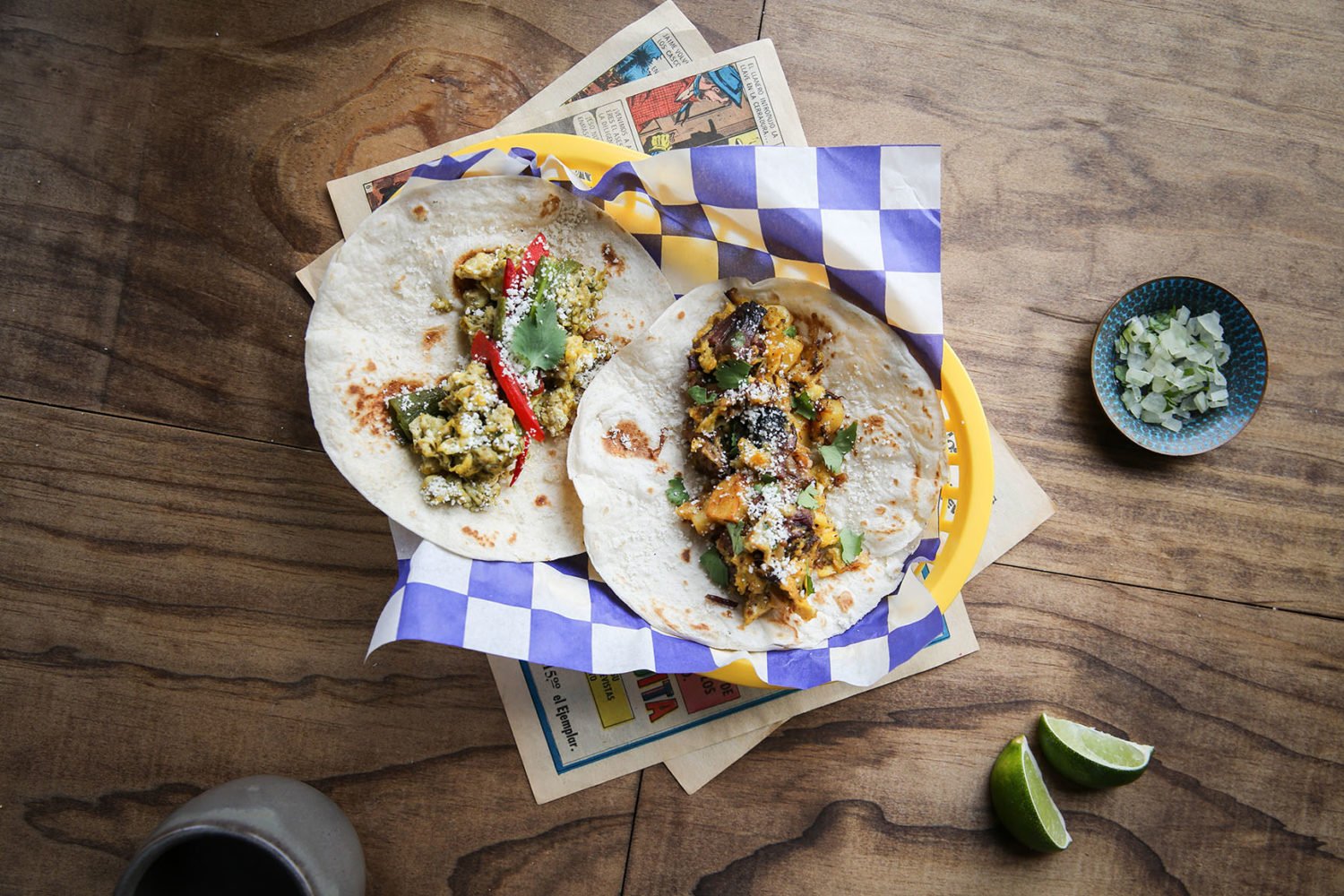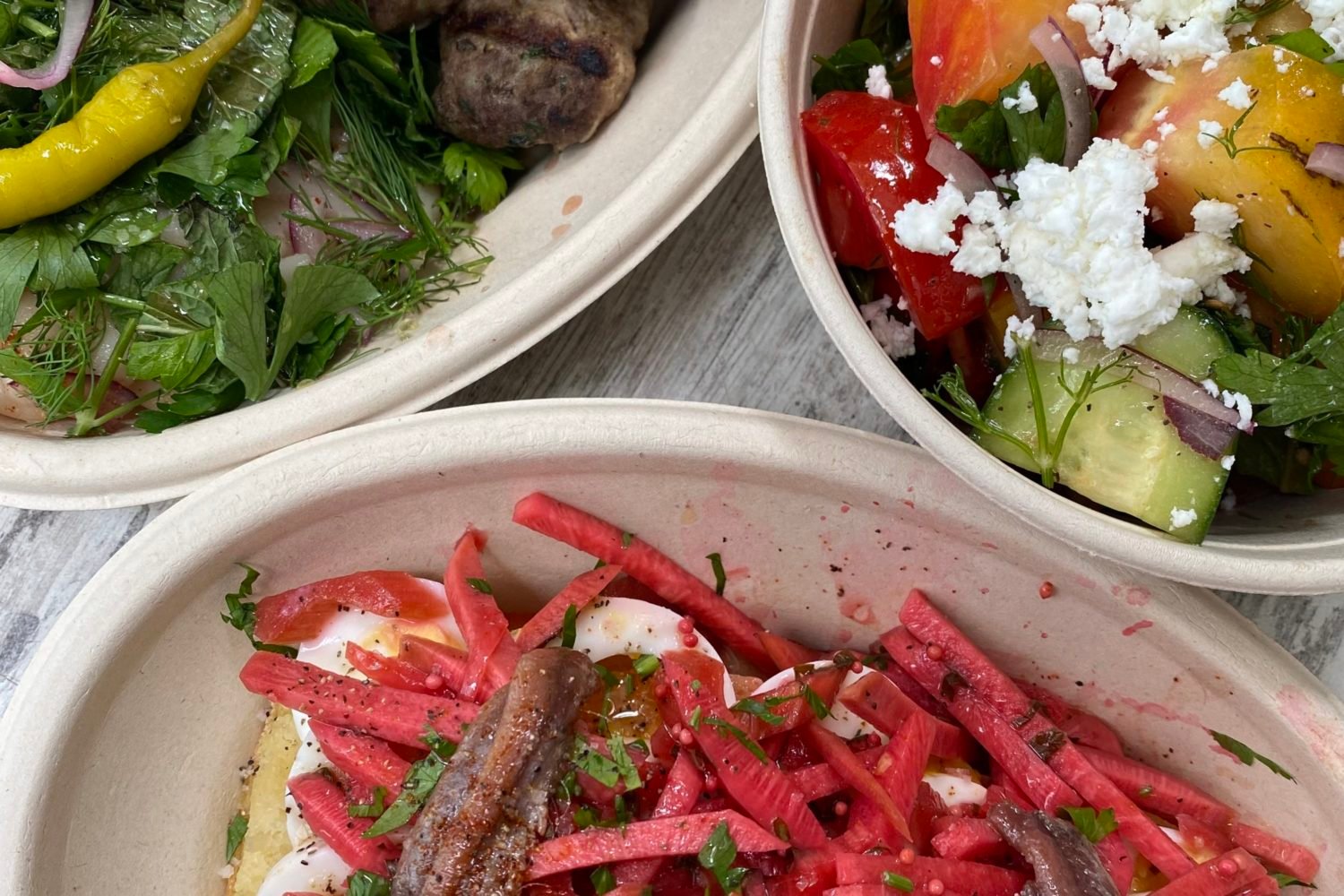Restaurants are finally allowed to operate at 100-percent capacity, but that doesn’t mean all of them are able to. The latest industry crisis: not enough employees to staff all the eating and drinking establishments suddenly emerging from the pandemic fog. The staffing shortage has been a big story for years, as DC’s dining scene boomed. Now, however, the crunch is the most intense it’s ever been. We talked with hospitality industry recruiter (and former chef) Chris Floyd of Capital Restaurant Resources about why cooks and servers are hesitant to return to the industry—or leaving it altogether—and how businesses are trying to woo them back.
What’s this past year been like for your business?
We had a scattering of assignments here and there, but it was depressing, and I didn’t know if the business would survive, to be honest. People were calling me up desperate in April, like, ‘Dude, I need a job, I just got laid off. I have a mortgage to pay.’ I’m like, ‘I don’t know what to tell you. We don’t have any jobs. There are no jobs.’ It was tough for everybody, including us. It’s much nicer now to get up and have a lot of stuff to do.
It seems like now it’s the opposite problem. I know we’ve been talking about restaurant staffing shortages for years. How do things stack up now?
The dearth of good restaurant employees—from hourly employees to management—is worse than ever. I’ve never seen such a supply and demand choke. The industry for many reasons has lost a lot of people. Sure, some people are riding the unemployment train, but I think it’s childcare issues and healthcare concerns. A lot of people, when they have time to recalibrate and think, they’re like, ‘Well, wait a minute, my job is not very stable. This could happen again.’ I know one GM who’s had a very good career and his wife also worked for Marriott, and they just decided during the pandemic that one of them was not going to be in the hospitality industry anymore. They have a kid, and they just decided it was too risky. I just called another guy who was a sous chef, and he was like, ‘You know, I got a job at Home Depot because I needed to get some work, and I’m kind of liking it here. People are nice, and the schedule is great. I don’t make quite as much money, but you know, it’s OK.’
To what degree are you seeing people leave the industry altogether? How widespread is that?
Anecdotally, I would guess it’s somewhere in the neighborhood of 10 to 20 percent. I think a lot of the cooks maybe went into construction or other industries that continued through the pandemic. And, you know, those industries pay $25, $30 an hour, and it’s Monday through Friday, and if you work on the weekends, you get overtime. So it’s going to be very difficult for the industry to bring those people back for $18, $20 line cook positions.
Once we get back into the fall, things will maybe get a little bit better as schools reopen. Because childcare is an issue. I called this really great chef who we placed in the past for a really great job, and he said, ‘Thank you so much, but my wife works full time, I’m homeschooling two kids, and our mother-in-law, who usually is our backup plan, is recuperating from chemotherapy. I just can’t do it right now.’ I had an ace pastry chef, she had a Masters degree, and decided to go and pursue that. I think a lot of people are reconsidering what they want to do and if they want to continue in the restaurant industry.
What positions are the most in-demand right now?
It’s really everything. I’ve heard many stories of hourly staff being a huge issue. One of my clients called me a couple weeks ago. They had a lot of outdoor seating, and there were still restrictions, but he was saying ‘We can’t even do the 25 percent because I’ve got four servers when I should have 30.’ He’s done two job fairs and had eight people show up to each and hired one.
There’s been a lot of controversy about workers not going back because of the increased unemployment benefits. What are you seeing?
There’s been a lot of grumbling among employers that these unemployment benefits are too generous or lasting too long. Again, I think that’s part of it, but I don’t think that’s the only part of it. There’s childcare issues. It’s a combination of all of the above. Restaurants are just going to have to pay people more or have better benefits, which we’ve seen. One of our clients, Alexandria Restaurant Partners, just decided to go to 100-percent health benefits for all employees.
Did they not have benefits before?
They did for management, but they decided to go 100 percent across the board. You see these signing bonuses and things like that. I’ve seen up to $1,000 signing bonuses.
How have wages and salaries changed compared to pre-pandemic times?
DC has gotten up to a $15 minimum wage, and I think that a lot of businesses would start people at that number. But now you’re seeing more of it being $16, $17 for dishwashers, $18 to $22 for cooks. It’s definitely been pushed up. They’re having to go above the minimum wage certainly to bring people back in.
What about for other types of positions? Is it across the board that employers are paying better?
For management, more in the middle. An entry level sous chef or a manager, pre-pandemic, used to be $50,000 to $60,000. Now it’s more like $60,000 to $70,000. And if somebody has a lot of experience in one of those positions, it might be in the $70s. It’s definitely pushing up the bottom end more quickly.
What are some of the more unique recruitment incentives you’re seeing?
Money is not the only driving factor here. Most people, in my experience, are changing jobs or looking for new jobs because they are not happy with the situation. And usually it’s more quality of life driven. Either their employer is too demanding of them or their time, or they’re not nice to them. I’ve had a lot of people say to me, ‘Listen, we’ve downsized our lives, we don’t need as much money, but we want to live a good life.’ Of course, people know what they’re worth in the market and want to get paid a certain amount, but it’s those extra things like, hey, we’re going to have a 50 hour work week, or we’re going to give you more vacation or better benefits or more sick leave—all those things that keep your sanity. How you treat people and what the culture is, these are really important things now.
Restaurateurs can be pretty tough business people, and sometimes too much. I was talking to a client who was like, ‘Well, I expect chefs to work six days a week here, because things just don’t go well when the chef’s off for two days a week.’ I’m like, ‘Okaaay, well, you’re probably not going to hire anybody then.’ Now, employees have choices, and they know it.
Are you seeing any offbeat perks? I saw Cuba Libre, for example, was offering the option to have bonuses in cryptocurrency and reimbursement for a personal finance course at the UDC Community College.
I haven’t seen that. The more progressive workplaces will have a whole slew of perks: continuing education classes, dining allowances, gym members, dog walkers, phone plans. All kinds of things that appeal to people. But I think more than anything, the biggest thing is giving people time off to recoup. That’s what we all need.
Still, there obviously aren’t enough people to staff these restaurants. So what does that mean for the businesses and for us the diners?
For the industry, you’re going to see payroll inflation. There’s just no way around it. Businesses are going to have to recalibrate their sales models to accommodate that. There are probably some tech solutions, which we’ve seen during the pandemic, which will help. One of the ones that I think will remain are these scan codes where you just go up and scan the menu. You want another beer, you press a button. It doesn’t require a server coming to your table, going to two or three other tables, then going to the [point of sale] machine, punching in your order, and then going and getting it. That means patios and floors can be run with one or two captains and a couple of food runners, and their job is just to make sure that you have everything you need and fill your waters. Now, I only think it applies to casual and outdoor dining. If I’m spending a certain amount, I want a server and I want a cloth napkin.
I think diners are going to see increased prices across the board in every category of food, because the restaurants are going to have to pay more. People are going to need to be patient, too. You’ve got a lot of restaurants that are just reopening, just restaffing, so people are green. They haven’t been trained fully. People are trying, but it’s going to be hard to get the whole machine back up and running again.
This interview has been edited for length and clarity.














